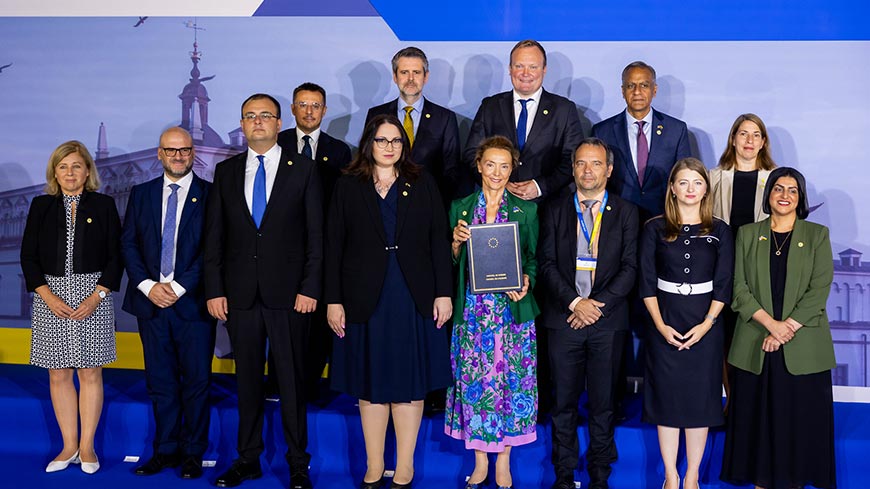The EU, US, UK and several other countries have signed binding treaties to help ensure that AI is deployed and developed in a safe manner. It is the first international treaty of its kind.
The European Union has Council of Europe Framework Convention on Artificial Intelligence and Human Rights, Democracy and the Rule of Law Other countries such as the USA, the United Kingdom, Andorra, Georgia, Iceland, Israel, Norway, Moldova and San Marino also agreed to the document.
The treaty aims to regulate the use of AI models and, above all, obliges countries to deal with AI in a way that does not conflict with general principles of law, democracy and human rights. The text is the result of four years of work and was signed in Vilnius.
AI in balance with norms and values
The cart was pulled by the Council of Europe, which, to be clear, has nothing to do with the European Union itself, but acts as a separate institution that must protect human rights and democracy in Europe. With the international treaty, the Council is taking a pioneering role in shaping the relationship between AI and the modern democratic constitutional state.
“We need to ensure that the rise of AI upholds our standards and does not undermine them,” said Secretary General Marija Pejčinović Burić at the signing. “The Framework Agreement is designed to ensure just that. It is a strong and balanced text – the result of the open and inclusive approach with which it was drafted, ensuring that it benefits from multiple expert perspectives. It is an open treaty with potential global reach. I hope that this will be the first of many signatures and that ratifications will follow quickly so that the treaty can enter into force as soon as possible.”
Basics
The treaty sets out basic principles that all AI-related activities must comply with:
- Human dignity and individual autonomy
- Equality and non-discrimination
- Respect for privacy and personal data
- Transparency and supervision
- Responsibility
- reliability
- Security
Idea vs. practice
The treaty will apply to both public and private entities, but already contains some loopholes. For example, it does not apply when it comes to national defense. This is good news for Israel, for example, which uses facial recognition to identify and arrest Palestinians (correctly or not) and has ignored all seven principles in implementing the program.
The US can also invoke this exception in the case of questionable initiatives by the NSA. Only time will tell how governments will reconcile the practices of private companies like Palantir with the principles of the treaty.
The international treaty contains commendable content and is signed by important Western players. Interest from Asia seems to be less, although it should not be surprising that China has no ambitions to participate.
It remains to be seen what impact the treaty will have. Many signatory states are already in trouble today and can be linked in one way or another to AI-related practices that are not in line with the spirit of the treaty.













